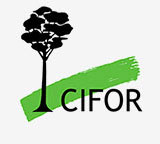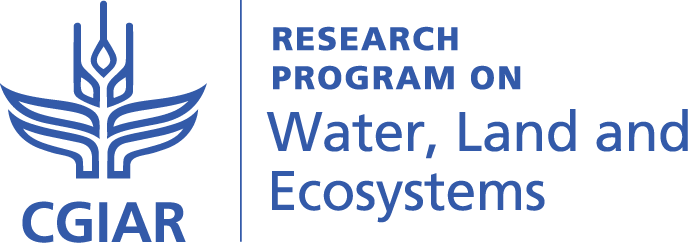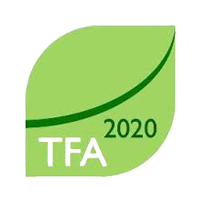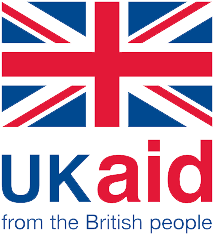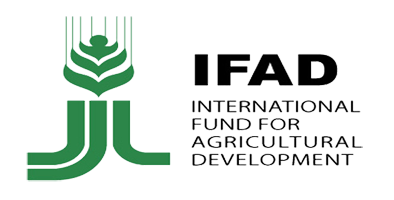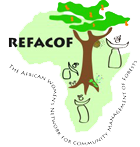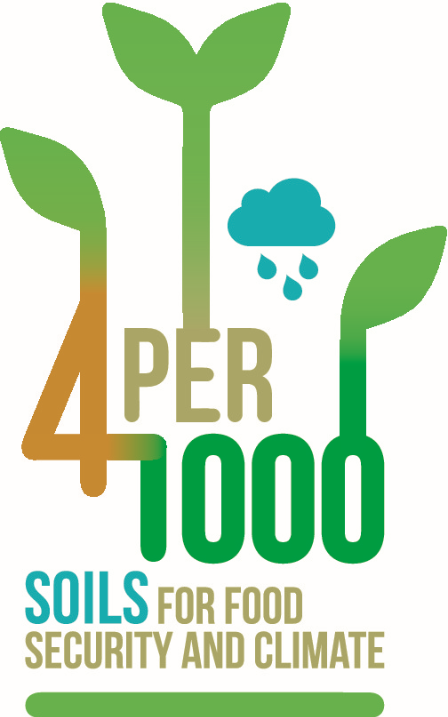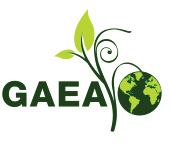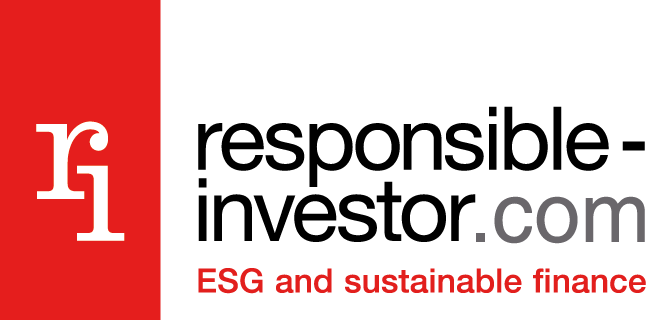Description:
Using the new Trase platform (Transparency for Sustainable Economies) launched during COP22 as a springboard, this forum will explore the new potential to achieve full visibility in commodity supply chains, linking supply chain actors to specific geographies of production as well as allocating socio-environmental impacts in production areas to downstream supply chain actors. Trase advances radical transparency by revealing these connections at the scale of entire sectors and countries, and is capable of encompassing the entirety of global trade in a given commodity.
But, how can this transparency be leveraged to support individual actors in delivering on sustainability commitments while also assessing the performance of entire sectors and production regions over the long-term?
The transparency enabled by Trase expands the debate over individual commitments by identifying the specific trading companies and consumer nations that source from a specific production location, helping assign shared responsibility and create opportunities for collaborative sustainability agendas. This session brings together leading experts in the field of sustainable commodity trade to discuss solutions to the pressing need for actionable transparency information and sector-wide performance monitoring systems. Panelists will advance conversations on sustainable sourcing beyond the current framework focused on individual commitments to discuss approaches to achieve sectoral transformation across the key commodity drivers of deforestation and environmental degradation.
Key questions addressed:
- What are the differing expectations placed on supply chain transparency information by different actors, including governments, corporations and watchdog organizations, and what trade-offs may result?
- How can we envision the implementation of a supply chain monitoring system that can both report on the progress of individual actors against their own sustainability commitments while also being able to assess the performance of entire sectors and production regions?
- How can we ensure enhanced transparency does not continue to reward the leaders and shame the laggards, but instills true sectoral change inclusive of less sustainable producers, traders, financiers and consumer markets?
Background reading:
- Towards more accurate and policy relevant footprint analyses: Tracing fine-scale socio-environmental impacts of production to consumption
- Balancing detail and scale in assessing transparency to improve the governance of agricultural commodity supply chains
- Transformative Transparency: Harnessing the power of data for supply chain sustainability


